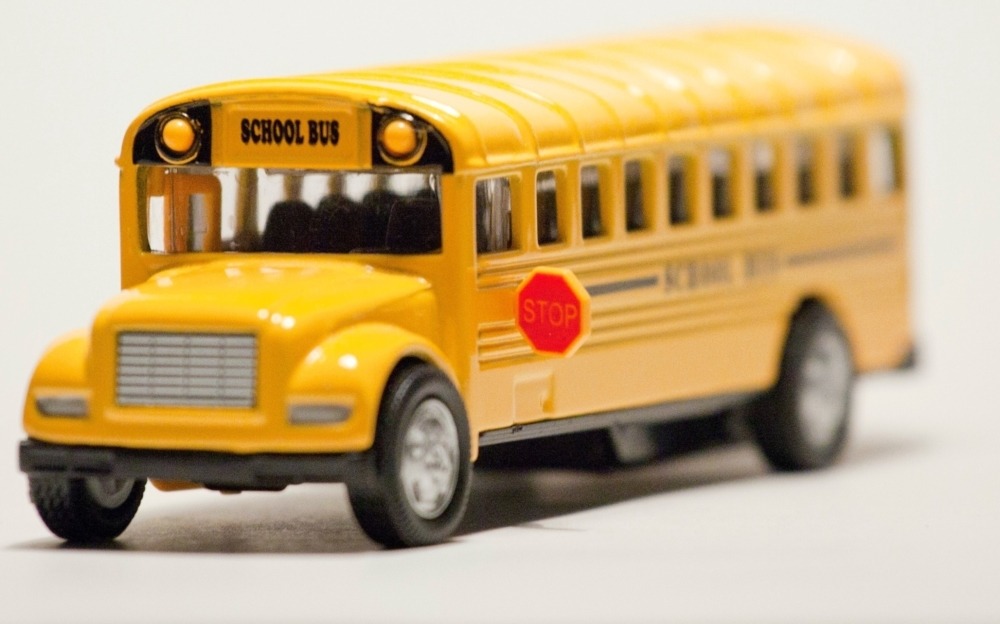During the Stratford Board of Education meeting Monday, October 26th , community members spoke against the school district’s plan to bring elementary students back to the classroom four days a week.
Last week the school board made plans to vote on the proposal Monday, but when the day of the expected vote came, Chair Allison DelBene said it was up to the superintendent to decide the amount of time elementary schoolers spend learning in- person, and that the board would not vote on the matter.
Board member Janice Cupee questioned why the board was no longer voting on the district’s four-day plan. “I don’t know why this should go through without our input,” she said. DelBene responded that the decision was up to Superintendent Janet Robinson.
“This, right now, is just a plan to reopen,” board member Robert DeLorenzo said. “It gives everyone a date, but can anyone predict the dates with COVID? … Everyone is doing the best they can to be fair.”
Superintendent Janet Robinson intends to increase the number of days students are in the classroom. Robinson’s plan would see kindergarteners, first-graders and English learners shift to four days a week in-person Nov. 16, with all elementary students making the switch by the end of November. Members of the public Monday questioned the timing of the plan, citing rising coronavirus case numbers.
“Why now?” asked Stratford Education Association President Michael Fiorello. “It’s not the metrics, it’s not the projections and it’s certainly not the teachers on the front lines driving the decision.”
Multiple speakers referenced an email sent Friday by Robinson to the district community that said children were not succeeding with online learning, a statement that education association Elementary Vice President Robin Julian called, “a slap in the face to all of the hard work elementary teachers have been doing.”
Robin Julian also expressed concern about a lack of classroom materials, insufficient cleaning in schools and the use of supplementary learning areas for classes with student overflow, a topic with which several speakers took issue. Five or fewer classrooms are expected to require the supplementary areas, according to Harold Greist, STEM coordinator for grades seven through 12. Board member Karen Rodia brought up the large number of school community members — more than 100 — who have had to quarantine in recent weeks due to virus exposure, but Vice Chair Amy Wiltsie said the quarantines were “overly cautious.”
“I feel very confident that the safest place for my children right now is in school,” she said. Robinson noted that only four district students had contracted the virus so far, later adding that students face other risks. School officials are alerted when students visit dangerous websites, and have received many recent notifications about students researching suicide, according to Robinson. “Our job is to protect those kids,” she said.
“I’m really emotional about this because I am concerned.” Other issues raised by Robinson included inequitability in online learning and a reduction of reports to the Department of Children and Families. “The reporters, who are us, are not in contact with kids,” she said.

